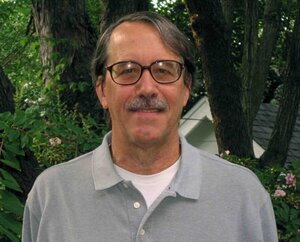
Dr. Douglas Barnes graduated from the University of Illinois Urbana-Champaign with a PhD in sociology in 1979. However, rather than taking the more orthodox route towards a career in academia, he became involved in work that today we call the sociology of development, as well as applied sociology working for the World Bank and Resources for the Future. In this regard, Dr. Barnes was an early exemplar of a practitioner in the fields of transnational sociology and the sociology of development, which our department specializes in today.
As Dr. Barnes career began to take shape he made a name for himself in what was at the time a rather neglected area – energy and infrastructure, two topics that perhaps too many of us take for granted, but are so essential to the fabric of society. A prolific author, he has published a number of notable books on these issues, such as “The Challenge of Rural Electrification: Strategies for Developing Countries in 2007,” “Cleaner Hearths, BetterHomes: New Stoves for India and the Developing World in 2012,” and now in its second edition, “Electric Power for Rural Growth: How Electricity Affects Life in Developing Countries.” As I was preparing to make these short remarks, and reflecting on the work of Dr. Barnes, I was struck by this output and how distinctive it was – how it marries so ably and so well a dual purpose that shows the enduring value of what preeminent sociologist C. Wright Mills called the sociological imagination – that ability to understand the social structural principles underlying seemingly individualized personal troubles. For while Dr. Barnes has always been concerned about infrastructure, energy and the environment, underlying his concerns for these very material realities of life, is social structure and the social inequality that goes with it, and viewing this through an applied lens. Where the typical sociologist, might diagnose the problem of the unequal access to electricity in rural Guatemala for example, Dr. Barnes has tried also to solve, or at least show a possible path forward for those problems. In this way, we can see that his work has not only been a scientific project, but a deeply public and global one. This past year, Dr. Barnes has very generously pledged to support graduate research in our department. Thank you Dr. Barnes for your gift and for setting a fine example of scholarship in action.